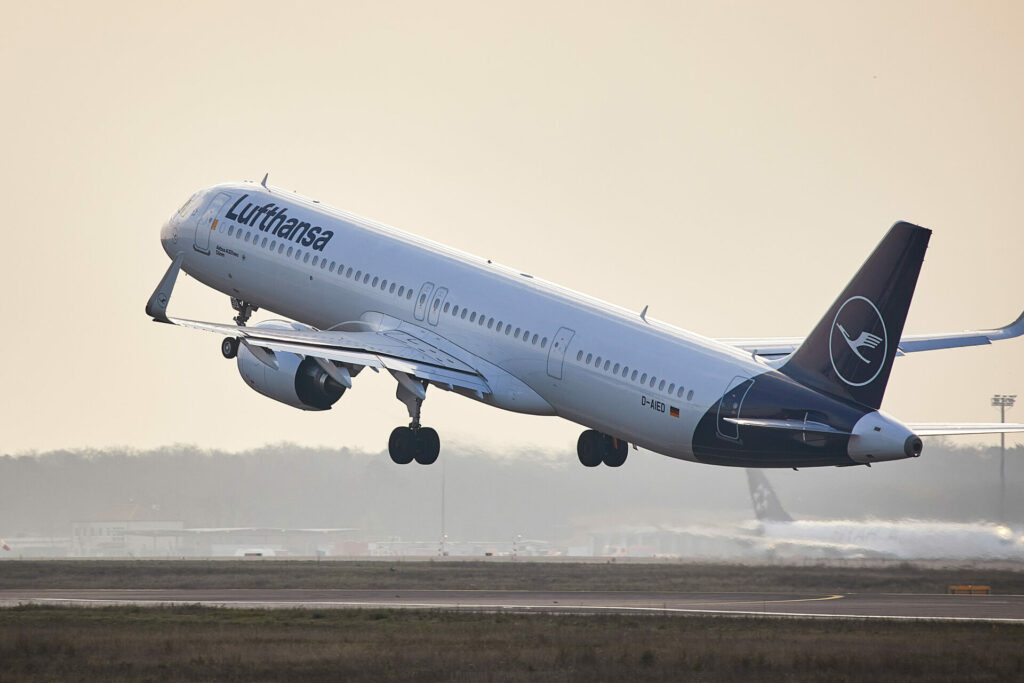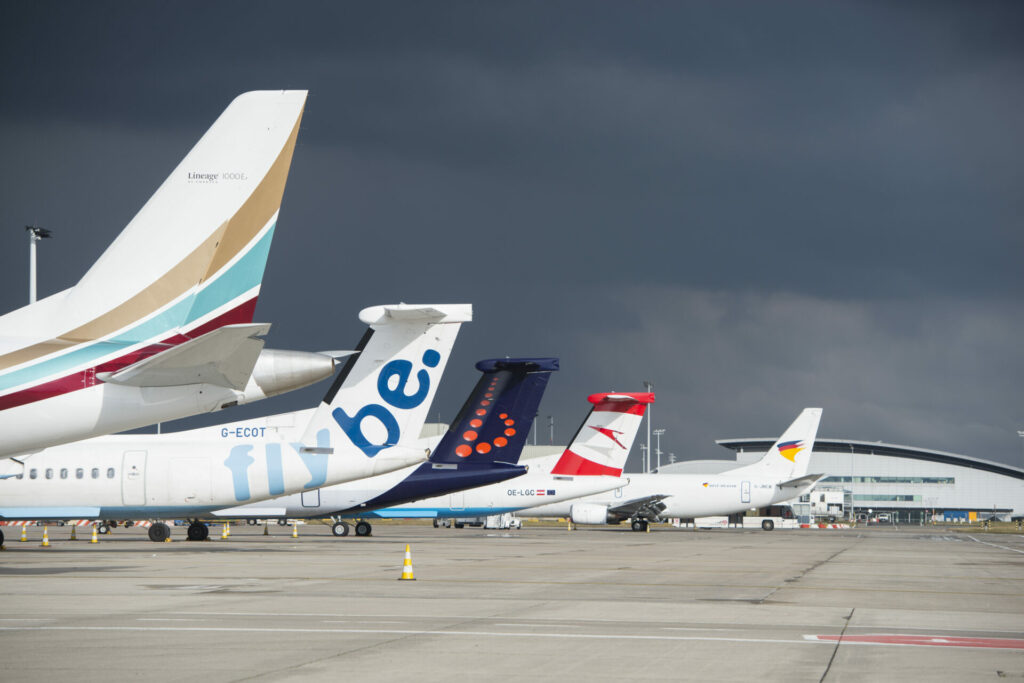Flying is becoming increasingly expensive in the EU, with average airline fares being between 20% and 30% higher over the summer of 2023 compared to 2019, according to data published by the European Commission in October.
While inflation could account for part of the price hikes, the increases in fares are much greater than inflation in Europe. EU Transport Commissioner Adina Vălean is now looking into "what is exactly going on in the market and why," she told the Financial Times.
While the Commission cannot regulate or interfere with flight ticket prices, Vălean’s intervention does add to the pressure that is already on airlines over the recent fare increases – which were triggered by a travel boom after the pandemic combined with supply chain issues and staff shortages.
Not intervening in a 'functioning' market
She explained that she had "no plans" to intervene in a "functioning" aviation market (airlines are free to set their own prices under European law), but added that more details of the industry dynamics that led to the price increases were needed.
Meanwhile, airline companies are posting record profits; Irish low-cost carrier Ryanair announced that its average fares had gone up by 24% over the past year, but also reported "a strong half-year profit of €2.18 billion," on Monday. Air France, Lufthansa and Brussels Airlines are also posting record profits.
"We continue to investigate because we do not have a complete and detailed explanation," she said, adding that the Commission also wants to know whether the rate increases will become a long-term trend.

Credit: Lufthansa Group
The supply of airlines – most of which had withdrawn a large part of their aircraft fleet during Covid-19 – remains far too limited compared to a constantly growing demand for travel since the end of the pandemic. While (very) low-cost airlines such as Ryanair and Wizz Air are flying more than in 2019, this is not the case for most European airlines.
Considerable delays in delivering new planes to air carriers in combination with rising oil prices, labour costs and higher fees for airport and handling charges, for example, in the sector are not helping matters either.
Related News
- Brussels Airlines reports most profitable summer ever
- Inconsistent rules on airline carry-on luggage could be scrapped in the EU
- Belgium considers new major flight taxes during federal budget talks
Vălean also said that the high airfares could affect the EU's "outermost" regions, such as islands or isolated territories that rely on aviation for their connection with the rest of the continent. "What concerns me as a regulator is that a price could become an obstacle to connectivity."
This fear is being shared by the Italian Government, which already put a cap on flight prices to Sardinia and Sicily at the start of August – a decision that was highly contested by Ryanair and has since been modified.
Another factor that could drive up prices in future is the new European system on carbon credits, which will see airlines paying a higher price for polluting – a cost that could be transferred directly to the plane ticket.

